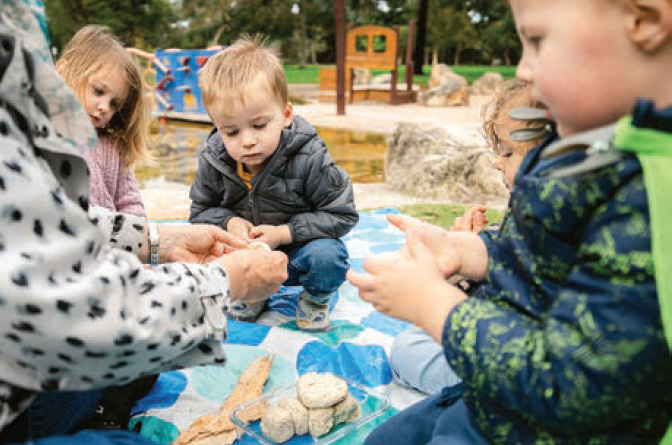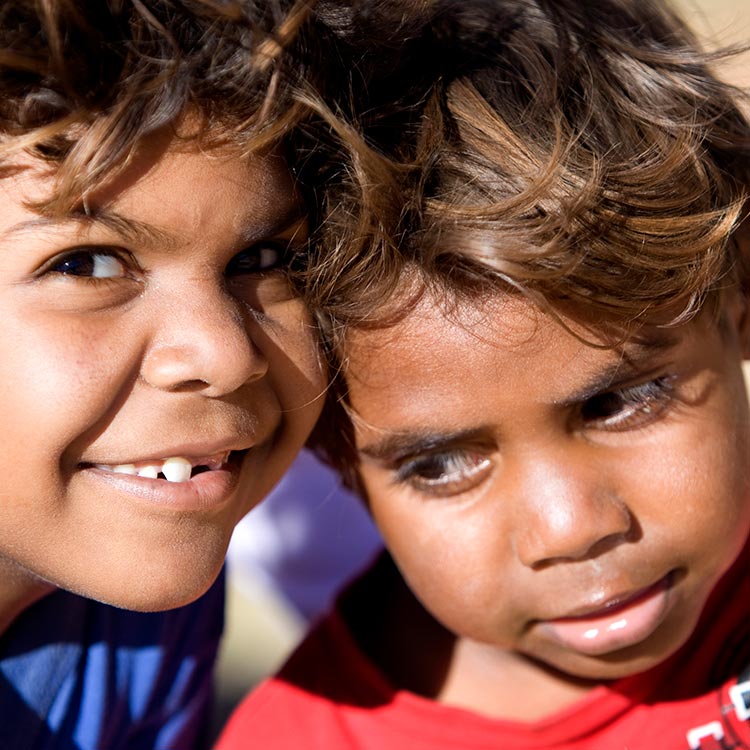Search
Showing results for "clinical trials"
Research
World Allergy Organization-McMaster University Guidelines for Allergic Disease Prevention (GLAD-P): ProbioticsPrevalence of allergic diseases in infants, whose parents and siblings do not have allergy, is approximately 10% and reaches 20-30% in those with an allergic...
Research
World Allergy Organization-McMaster University Guidelines for Allergic Disease Prevention (GLAD-P): Vitamin DVitamin D is involved in the regulation of the immune system and it may play a role in the development, severity and course of asthma and other allergic...

News & Events
Launching DiabHQ app this World Diabetes DayInnovative new digital platform set to transform diabetes care for WA families.
Research
Reversible Control by Vitamin D of Granulocytes and Bacteria in the Lungs of Mice: An Ovalbumin-Induced Model of Allergic Airway DiseaseVitamin D may be essential for restricting the development and severity of allergic diseases and asthma, but a direct causal link between vitamin D...

The ORIGINS Project is a decade-long longitudinal study of more than 18,000 individuals including mothers, partners and children, as part of a collaboration between The Kids Research Institute Australia and Joondalup Health Campus.
Research
Low-dose UV radiation before running wheel access activates brown adipose tissueWhen combined with physical activity, low-dose UVR may more effectively limit adiposity and modulate metabolic and immune pathways in iBAT
Research
Energy drink intake is associated with insomnia and decreased daytime functioning in young adult femalesTo investigate the association between energy drink (ED) use and sleep-related disturbances in a population-based sample of young adults from the Raine Study.
Research
Maternal high fat diet compromises survival and modulates lung development of offspring, and impairs lung function of damsWhile maternal high fat diet compromised litter survival, it also promoted somatic and lung growth (increased lung volume) in the offspring
Research
High Dose Vitamin D supplementation alters faecal microbiome and predisposes mice to more severe colitisHigh dose vitamin D supplementation is associated with a shift to a more inflammatory faecal microbiome and increased susceptibility to colitis

News & Events
Funding boost music to the ears of WA childrenA $6 million commitment from Wesfarmers to Telethon will fund vital research to reduce the impact of chronic ear infections and other serious diseases.
